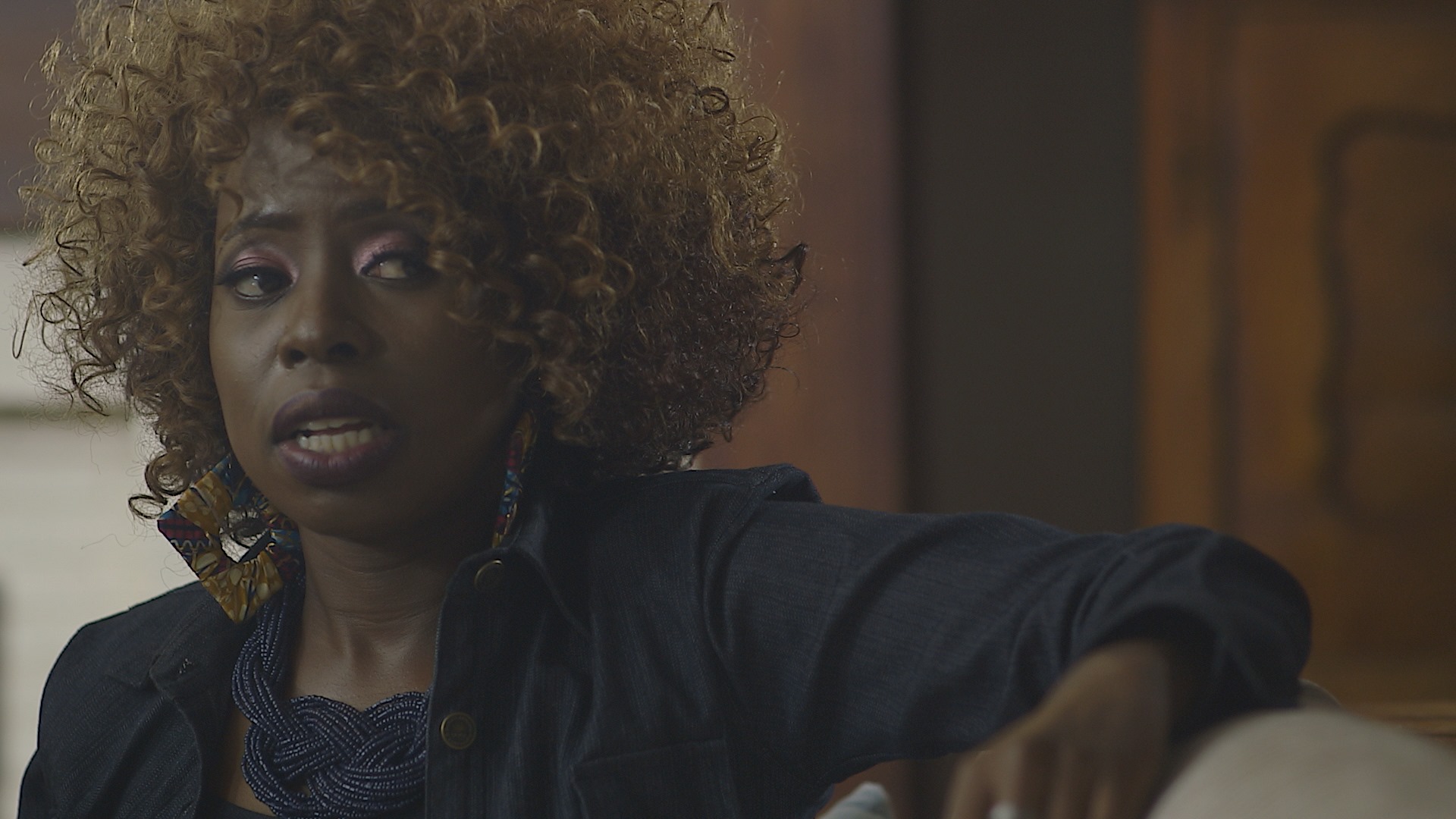Even in this here 2020, a Zimbabwean personality said rather confidently on a live web show that
“Men do not find dark-skinned women attractive because light skin looks cleaner.” – DJ Chucknosis
If you watched episode two of Kutsime Television, which shows on Facebook and YouTube, you would know about the thought-provoking discussion had on ‘isms’ in Zimbabwe. It was during this interaction when the enlightening (pun intended) statement was made by Chucknosis, the show’s opinionated Dj.
It is an open assumption that many men do not find dark-skinned women attractive because they think they are, amongst other things, ugly and unclean. It is a sick perception birthed from white supremacy. Born out of this self-hate and lost identity is Colourism.
Colourism is internalized racism or as Lupita Nyong’o would call it; the daughter of racism.
It is defined as;
“Discrimination or prejudicial treatment of certain individuals within a community on the basis of their skin colour.”
It usually comes with the preferential treatment of light-skinned individuals. Bear in mind that colourism is not exclusive to the black African community as it also affects the Asian and Hispanic communities too. However, the objective here is to address this issue in the Zimbabwean context. As highlighted in the episode on Kutsime TV, colourism emphasizes Eurocentric beauty standards and plants subconscious bias so that people think a lighter skin tone is the aesthetic ideal.
“Colourism is a seed that was planted by white supremacy and watered within our own communities”~Yomi Adegoke
The History
Historically, light-skinned women were given preferential treatment because on a skin tone spectrum they were closer to white. This became a culture and it passed from generation to generation that the lighter the better.
Whilst we can’t trace the origins of colourism to racism, Zimbabweans have to take responsibility for how they think today. This is what would have one question why a dark-skinned Zimbabwean man who lives in a predominantly black community would have this mentality.
We make a choice of consuming these Eurocentric/Westernbeauty standards through the media we are exposed to. We forget that the system we choose to be exposed to was not designed for us. We are exposed to American media which is designed to dumb down and degrade the black person in America.
Now it is even subconscious.
Stereotypes of The Aesthetic Ideal
Often whiteness is associated with cleanliness, high class, and wealth. A dark-skinned woman would have to be “exceptional” or have some “exotic” features to be considered beautiful for instance Naomi Campbell and Nyakim Gatwech.
When it comes to colourism, it is usually the dark-skinned woman that falls, the victim. The fact of the matter is that African society, particularly Zimbabwean, is patriarchal and a black woman is judged by standards created by African men based on the white men’s influences.
This is not to say that men are not victims of colourism either, because they are. Social media exposes a trend that some women “prefer” dating dark because they are associated with hard work, success, and masculinity Whereas light-skinned men are merely seen as “Pretty boys” which could be taken as sexual objectification.
There are also some who argue that light-skinned women are also prejudiced and are victims of colourism because they are called names that are intended to taunt like “Slay Queens” and “Pretty girl”. It would be truly inappropriate to dismiss the disrespect faced by light-skinned men and women. Light-skinned women, in this patriarchal society, are prejudiced to be pretty but dumb and their position is limited to the bedroom, not the boardroom. While they are pretty enough to be hired they are not taken seriously enough to lead. However, it would also be unjust to compare light-skinned problems with dark-skinned problems because the scale is different simply because there are more dark-skinned women hence the growth of the skin bleaching market.
Dark skinned women are at the bottom of the food chain.
No one prays to find a dark-skinned woman to marry because the goal is to lighten the lineage( Kupenda nzinza). Very few men like Willom Tight can proudly say they want a dark African queen
“mukwata kwata, mudzonga wenyama wakazodzwa dovi”for a wife.
The impact of colourism on dark-skinned women is wide. Besides it being disrespectful and hurtful to an individual’s dignity, it results in systemic and unfair discrimination. It is cancerous as it has the same effects of racism. It affects employability probabilities for example, for a TV show to have high ratings there has to be a light-skinned presenter. It also affects a woman’s likelihood of getting married. As highlighted above, some men want to marry light-skinned women because they are beautiful by default.
The usual reason is, “it is a preference”. Should such differential treatment continue because it is a “preference”? Surely, the same way we were subconsciously programmed to think “white is right”, we can reprogram ourselves to be genuinely Afrocentric. This requires true education and only then can some people recognize pearls when they see them. We cannot speak of believing in Afrocentrism when we hate the largest organ on the African being, the skin.
Colourism is a form of racism and should be treated likewise lest we forget that some of the world’s famous discriminatory ideologies that resulted in genocides arose from such sentiments.
This might sound dramatic to some but this issue calls for urgency when you see the indirect and direct impact that colourism has on people with dark skin, individually and systemically.
“When you are good at despising little things, you are likely to throw away the tiny match stick that has the potential of putting the entire forest on fire! Little things do carry heavy potential!”
-Israelmore Ayivor




